Fall 2023 Courses
100 Level Courses
AM 101 001 Queering America
Deborah Amory | 4 credits
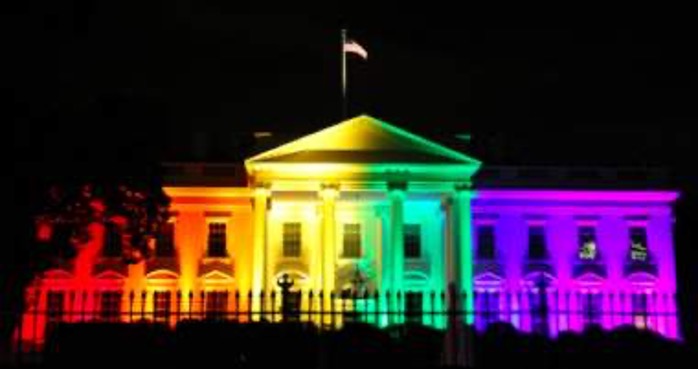
Interdisciplinary examinations of critical themes in the development of American culture and American life.
Note(s): May be repeated for credit with focus on a different theme.
AM 101 002 Civil War in American Memory
Gregory Pfitzer | 4 credits

This course considers how Americans have remembered and commemorated the Civil War from the mid-19th century to the present. Drawing on depictions of the war in fiction, film, popular history, television, music, and re-enactors' conventions among other cultural sources, it focuses on how memory and history interact in the popular imagination to shape the cultural legacy of the conflict.
200 Level Courses
AM 234 American Sports/American Culture
Daniel Nathan | 4 credits

An examination of how Hollywood filmmakers have represented the American past with special attention to the implications of movies for the construction of American cultural identity. Students will analyze films as historical documents that reflect (and sometimes reproduce) the ethos or cultural politics of the period in which they were made and first viewed. Through the use of popular culture theories, students will consider the ways in which films inform (and sometimes obfuscate and subvert) historical understanding.
Note(s): Fulfills Social Sciences requirement.
AM 261 001 Prince as a Cultural Icon
Adrian Bautista | 3 credits

Few artists have impacted the world of music and pop culture like Prince. Beyond the prolific and tuneful brilliance of his catalog, Prince's death in 2016 continues to spark scholarly thought on such topics as masculinity, spirituality, politics, race, gender, sexuality, and class. This course will explore Prince through critical perspectives related to musical creativity, intersections of faith and music, gender and sexuality, and the geography of Minneapolis Sound. It will utilize a variety of materials to explore His Royal Badness, including music, film, and readings.
AM 261 002 Gaming in American Society and Culture
Aaron Pedinotti | 4 credits
 This course explores the multivalent significance of video gaming to American society
and examines the many ways in which the diverse forms of gamic praxis have been represented
in American culture. Taking an interdisciplinary approach, it examines gaming as a
set of sociocultural practices with profound resonance and effects in American life.
Culturally oriented portions of the course focus on representations of gaming in films,
television shows, genre fiction, and in games themselves. Other portions focus on
the intertwinement of gaming with broader social, political, and economic issues.
These include questions of ethnic, racial, and gender representation and diversity
in games; the relationship of game industries and online worlds to America's place
in the global economy; the historical roles of gamic practices in U.S. military planning
and technological development; the increasing influence of online game communities
and fan cultures in mainstream society; debates and moral panics over violence in
games; and the potential role of games as educational, journalistic and persuasive
technologies. Game genres studied in the course include console and pc-based videogames,
war and strategy games, tabletop and massive multiplayer online RPGS, and virtual
reality games. Readings include theoretical texts, game studies literature, historical
accounts of video gaming's emergence and development, and cultural and ethnographic
studies of American gaming. Evaluation is based on reading responses, participation,
and papers. Some experiential engagement with gaming is also a part of the curriculum.
This course explores the multivalent significance of video gaming to American society
and examines the many ways in which the diverse forms of gamic praxis have been represented
in American culture. Taking an interdisciplinary approach, it examines gaming as a
set of sociocultural practices with profound resonance and effects in American life.
Culturally oriented portions of the course focus on representations of gaming in films,
television shows, genre fiction, and in games themselves. Other portions focus on
the intertwinement of gaming with broader social, political, and economic issues.
These include questions of ethnic, racial, and gender representation and diversity
in games; the relationship of game industries and online worlds to America's place
in the global economy; the historical roles of gamic practices in U.S. military planning
and technological development; the increasing influence of online game communities
and fan cultures in mainstream society; debates and moral panics over violence in
games; and the potential role of games as educational, journalistic and persuasive
technologies. Game genres studied in the course include console and pc-based videogames,
war and strategy games, tabletop and massive multiplayer online RPGS, and virtual
reality games. Readings include theoretical texts, game studies literature, historical
accounts of video gaming's emergence and development, and cultural and ethnographic
studies of American gaming. Evaluation is based on reading responses, participation,
and papers. Some experiential engagement with gaming is also a part of the curriculum.
300 level courses
AM 351C American Horror Fiction in Multiple Media
Aaron Pedinotti | 3 credits

This course explores the subgenres and modalities of American horror fiction in multiple media, including print, film, television, videogrames, graphic novels, and virtual reality. Its goals are four in number: 1) to introduce students to the formal characteristics of various horror subgenres, including American Gothic, ghost stories, pulp horror, weird fiction, sci-fi horror, body horror, post-apocalyptic horror, slasher films, splatterpunk, and the horror of the anthropocene; 2) to investigate the ways in which the texts of horror are refracted and inflected by the specific mediums in which they are presented; 3) to explore theoretical takes on how the classic aesthetic motifs of horror fiction – including the terror/horror schism, Gothic sublimity, and cosmic pessimism – are refracted through specifically American texts and contexts; and 4) to relate. the genres and the texts that are studied in the course to major issues in American history and society, including racial and gendered oppression, economic exploitation, settler colonialism, genocide, imperialism, militarism, and other forms of social violence. Specific authors studied in the course will include Nathaniel Hawthorne, Edgar Allen Poe, H.P. Lovecraft, Clark Ashton Smith, Shirley Jackson, Richard Matheson, Stephen King, Kathe Koje, Octavia Butler, Scott Snyder and Jeff VanderMeer (some of the works by latter authors will be full novels, but several will be short stories). Films and television screenings will include Rod Sterling's The Twilight Zone, Alfred Hitchcock's Psycho, Stanley Kubrick's The Shining, David Cronenberg's Rabid, Matt Reeves' Let Me In, David Mitchell's It Follows, Jordan Peele's Get Out, Alex Garland's Annihilation, Season 2 of SYFY's Channel Zero, and Jen and Sylvia Soska's remake of David Cronenberg's Rabid. Some experiential engagement with horror-themed videogames and VR experiences will also be a part of the curriculum. Some accomodations will be made for anxiety responses, but students are advised that this course is not for the squeamish or faint of heart...
AM 362 American Autobiography
Daniel Nathan | 3 credits
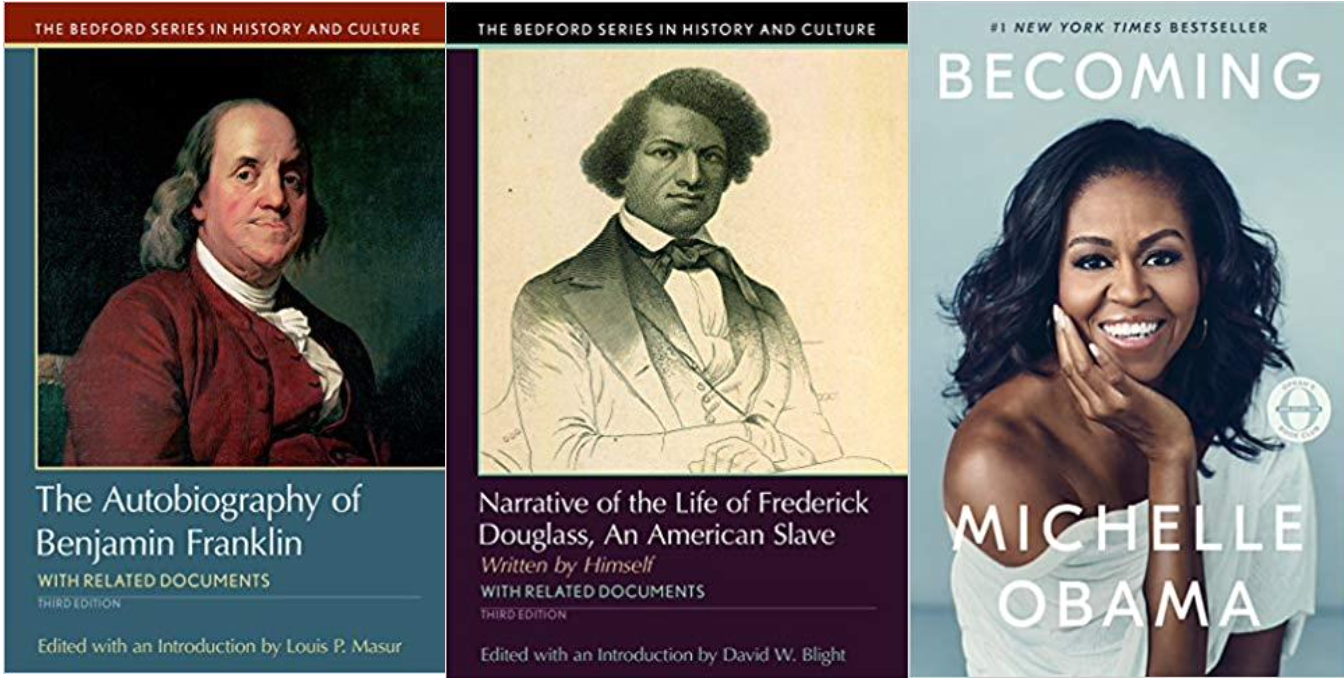
An examination of American culture through the lives of specific people as recorded in their autobiographies. The course explores autobiography as an act of self-creation and as a reflection of culture. Various autobiographies are examined for their revelations about choices, crises, values, and experiences of representative people in particular periods of the American past.
AM 374 Senior Seminar
Gregory Pfitzer | 4 credits
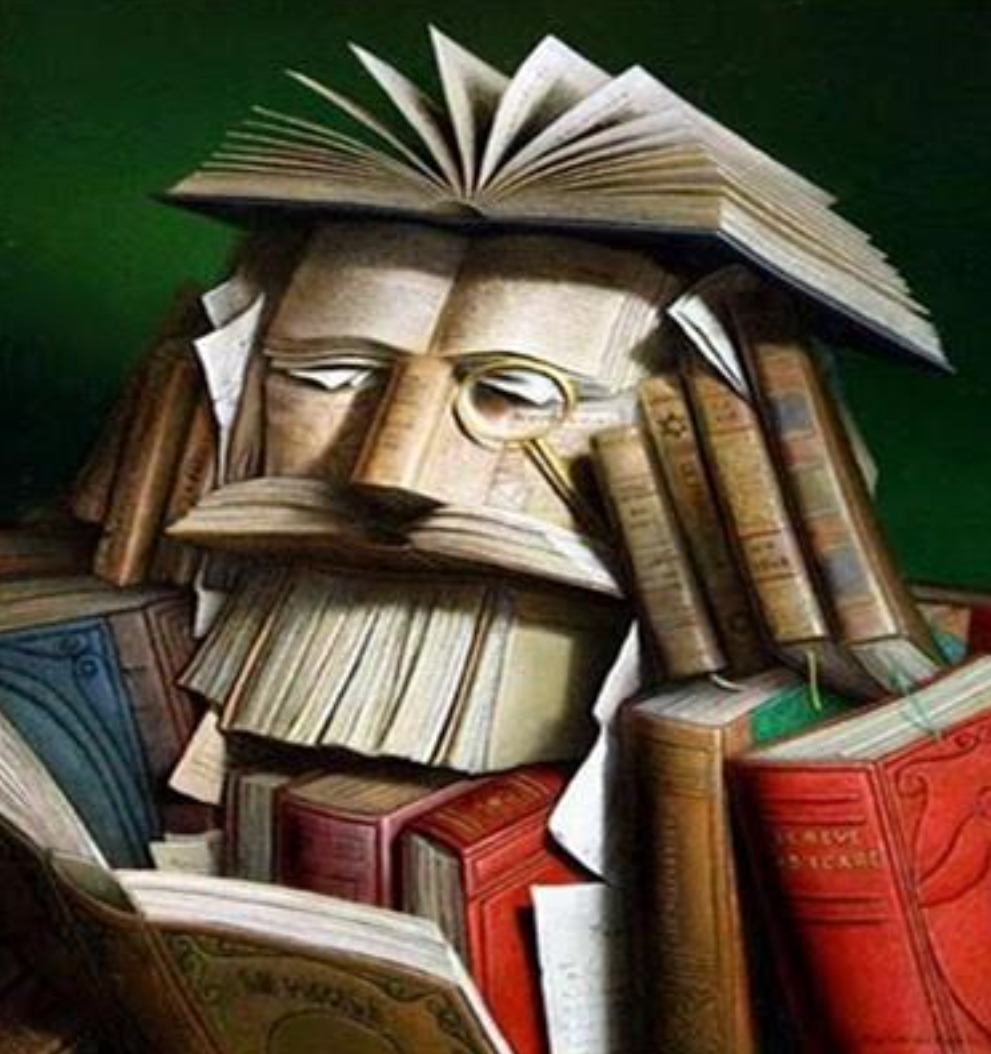
American Studies 374 (Senior Seminar) is the culminating or "capstone" experience in the American Studies major. It builds on the concepts and strategies learned in American Studies 221: Methods and Approaches as well as on many of the theoretical and practical elements of other courses in the American Studies curriculum. The seminar is designed to help students find academic meaning and focus in the work they have already completed at Skidmore and to provide a bridge to the world beyond college by requiring them to confront squarely those two nagging questions: 1) What is the purpose and meaning of what I have learned in college to date? and 2) What will I do with my American Studies degree when I graduate? Answers to these questions will be sought primarily through the writing of a major research paper whose topic and scope will be determined by the prior academic preparation and future personal objectives of the students enrolled in the seminar.
ID351 002 Blackness and Nature
Malik Raymond | 3 credits
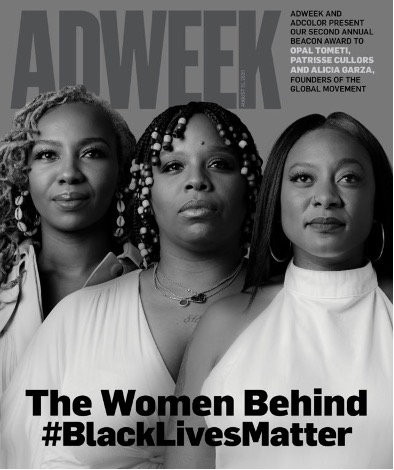
This class will look into the ways in which the outdoors, pastoral, nature, are constructed historically and currently, and view the ways in which Black folks have historically and currently situated themselves within it. We will analyze specific theoretical books that discuss the ways Black folks have situated themselves in the environment (e.g. Carolyn Finney, Melanie L. Harris). This includes looking at primary sources (e.g. autobiographies, interviews), articles, literature (novels, poetry), film, and political movements that incorporated Black folks and their respective relationships with and amongst environment.
Note(s): Fulfills Humanistic Inquiry requirement.
ID 351 003 Long Civil Rights Movement
MalikRaymond | 3 credits
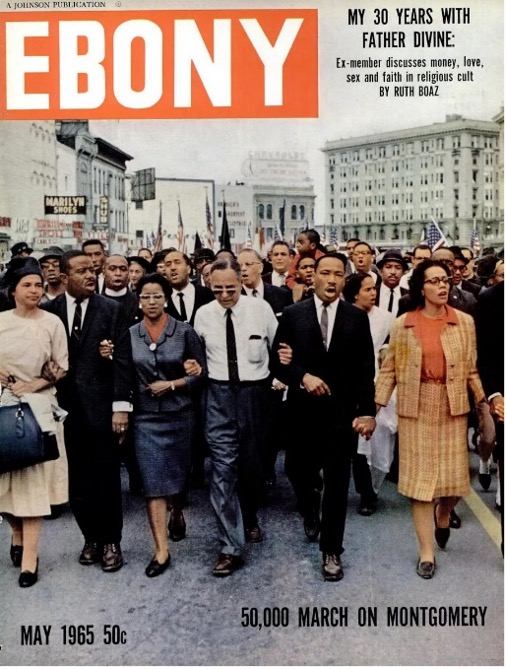 Coined by scholar Jacquelyn Dowd Hall in the mid-2000s, the Long Civil Rights Movement
directs us to extend the period of traditional Civil Rights movement narratives beyond
Brown v. Board and the public career of Martin Luther Kinig to instead consider the
New Deal Era into the 1970s. Moreover, this course will look at the implications the
Civil Rights Movement had in reaction to the (pre-) Cold War anti-communist sentiments
held by political figures and institutions, as well as parallels of past civil rights
movements contemporarily.
Coined by scholar Jacquelyn Dowd Hall in the mid-2000s, the Long Civil Rights Movement
directs us to extend the period of traditional Civil Rights movement narratives beyond
Brown v. Board and the public career of Martin Luther Kinig to instead consider the
New Deal Era into the 1970s. Moreover, this course will look at the implications the
Civil Rights Movement had in reaction to the (pre-) Cold War anti-communist sentiments
held by political figures and institutions, as well as parallels of past civil rights
movements contemporarily.
ID 351C 002 Octavia Butler
Gabriella Friedman | 3 credits
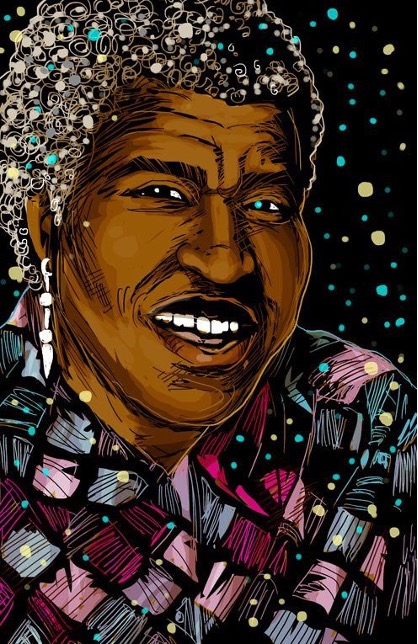 Groundbreaking science fiction writer Octavia Butler used her fiction to explore the
intersection of race, gender, disability, and environmental catastrophe. In this course,
we'll read many of Butler's novels and stories as well as adaptations of her work
into other mediums, art and activism inspired by her work, and unpublished materials
from the Octavia E. Butler archives at the Huntington Library. We will consider Butler
not only as a fiction writer, but also as a social theorist whose work can help us
navigate pressing contemporary crises. Assignments maay include critical papers, reflective
writing, and creative work.
Groundbreaking science fiction writer Octavia Butler used her fiction to explore the
intersection of race, gender, disability, and environmental catastrophe. In this course,
we'll read many of Butler's novels and stories as well as adaptations of her work
into other mediums, art and activism inspired by her work, and unpublished materials
from the Octavia E. Butler archives at the Huntington Library. We will consider Butler
not only as a fiction writer, but also as a social theorist whose work can help us
navigate pressing contemporary crises. Assignments maay include critical papers, reflective
writing, and creative work.